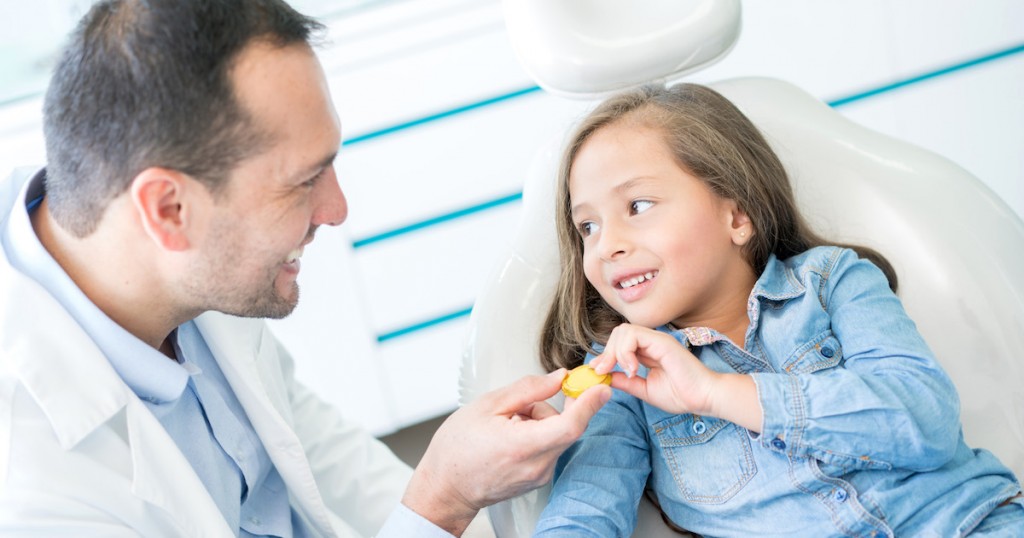Children run a very high risk of tooth decay, which can lead to a lifetime of dental problems. Luckily, you can protect your child’s dental health with these seven simple steps.
1. Get the First Checkup by the First Birthday
Dental experts strongly advise that children see a pediatric dentist for an initial dental exam no later than age one. Practicing early preventive dental care will save suffering, money, and the development of dental problems throughout the child’s lifetime. Your pediatrician or other parents can recommend a good pediatric dentist in Florida, Maryland and Virginia.
2. Get In the Habit of Establishing Good Habits
Brushing from the beginning is essential for dental health. Even before a baby has teeth, it’s important to gently brush their gums with a baby toothbrush and water to remove built-up sugars and bacteria. When the child’s first teeth emerge, they must be brushed twice a day with a baby toothbrush. Flossing can start as soon as two of their teeth touch. Your pediatric dentist can advise you on the proper care schedule and techniques.
3. Stay Away from “Baby Bottle Decay”
Avoid putting a child to sleep with a bottle full of sugary formula, milk, or juice because the sugars can cling to their teeth and lead to tooth decay. If the child won’t sleep without a bottle, only fill it with fresh water.
4. Don’t Let Baby Be Sweet on Sugar
Since sugary juices can cause tooth decay, limit your child’s intake to no more than four ounces of juice per day. And try to only serve sugary drinks and foods at mealtimes, as occasional treats.
5. Reduce the Use of the Sippy Cup
While a sippy cup can help children progress to using a glass, don’t let them drink sugary liquids from it all day long. Extended exposure to these sugars can cause tooth decay to develop on the back of their front teeth.
6. Pass on the Pacifier by Age Three
While most children use a pacifier to soothe them when they’re very young, long-term use can harm their dental development. If your child is still using a pacifier after age three, ask your pediatric dentist in Florida, Maryland and Virginia for tips on getting rid of it.
7. Encourage Good Oral Hygiene Practices
Don’t let your child be difficult about daily brushing and flossing. Be firm about its importance and make it clear that they have no choice. Some ways to effectively encourage the child to either brush their own teeth or accept your help include:
- Practice Patience: A child can begin to brush with your supervision by age two or three, but may lack the coordination to brush completely on their own until age six. And they may not be ready to handle flossing until age 10. That’s why you need to be patient and keep offering help and encouragement.
- Don’t Wait Until It’s Late: Since kids get cranky when they get tired, get them to brush and floss before it’s too close to their bedtime.
- Give a Child Choices: Have the child choose their own toothbrush and toothpaste from options you approve.
- Reward Their Routine Cleaning: Younger kids will happily brush for some kind of prize like a sticker or star on a chart. Others may brush when they see you or their siblings taking care of their teeth, so make brushing and flossing a family activity.
Call us at to set up your appointment today.


